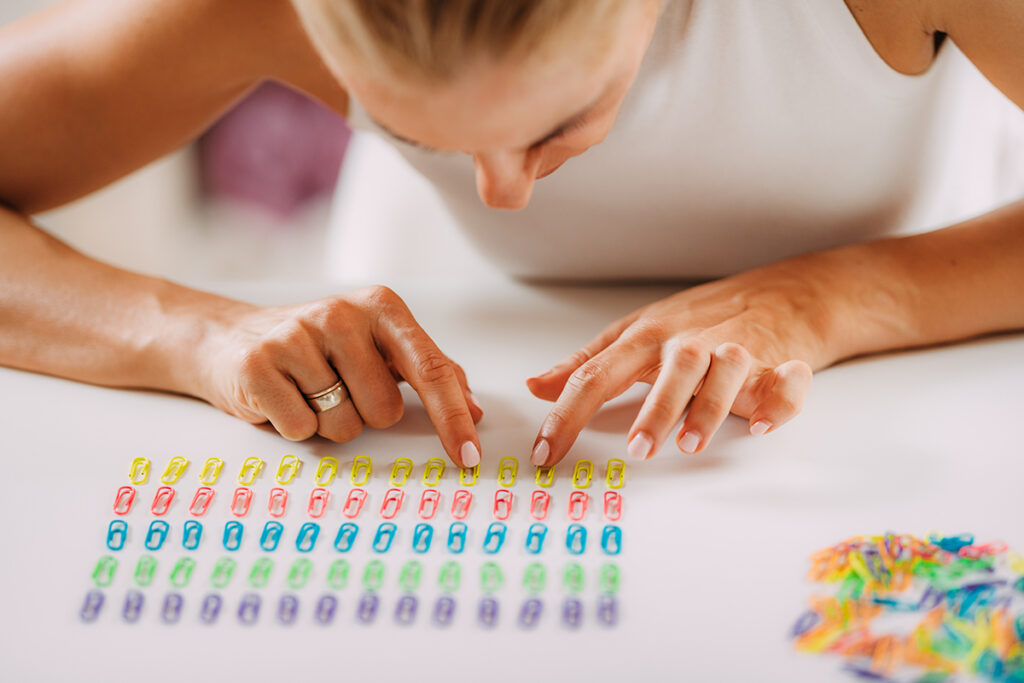Obsessive-compulsive disorder is a genuine mental health condition characterized by intrusive fears and overwhelming urges. Many people living with this disorder seek ways to escape from the torrent of negativity that characterizes their daily lives. While alcohol might provide a short-lived reprieve from your OCD symptoms, it can worsen your distress in the long run.
What Causes OCD?
Researchers have not identified one specific cause of OCD; however, we know environmental factors, family history and the presence of other mental health conditions can make people more vulnerable to this disorder. Ongoing trauma can lead to OCD, and so can unexpected, stressful life events such as a loved one’s death.
Worldwide, women are more likely to develop OCD than men, and your risk may increase when you are pregnant or after delivering a child. Though OCD sometimes begins as a preoccupation with keeping your home, yourself and your family safe and clean, it can progress to a point where irrational rituals take over your life, trapping you in a vicious cycle. Co-occurring disorders like substance use or PTSD can make matters worse.
Differences in the OCD Brain
The brains of people with OCD have some functional differences that set them apart from those without OCD. One University of Michigan report describes OCD sufferers as “stuck in a loop of ‘wrongness’” that compels them to keep doing routines like counting items or repeatedly checking things like door locks, even when they know their behavior is irrational. By compiling and comparing brain scans and other data from OCD studies around the world, these university researchers identified a pattern of people with obsessive-compulsive disorder overreacting to perceived problems and failing to recognize when to stop.
Brain chemicals like serotonin also play a role in the development of OCD and co-occurring disorders. People with OCD may have fewer serotonin transmitters and a reduced serotonin uptake ability. Because alcohol increases serotonin activity in the brain, drinking may provide temporary relief from your OCD symptoms. However, as your alcohol tolerance increases, you’ll need to drink more to achieve the same effects, and eventually, you won’t feel like yourself when you’re sober. Ongoing alcohol use changes the brain’s natural chemical equilibrium, so you may also notice your OCD symptoms are more severe after a bout of drinking.
Identifying a Drinking Problem
Since alcohol is so socially acceptable in our culture, you may have trouble telling when your drinking habits have crossed the line into problematic territory. Here are some questions to ask yourself:
- When you’re sober, do you find yourself craving a drink?
- Have you experienced uncomfortable withdrawal symptoms after attempts to quit drinking?
- Have friends and family expressed concerns that you drink too much?
- Do you feel anxious or irritable when you run out of alcohol?
- Have you ever lied about how much or how often you drink?
- Does drinking interfere with your relationships, quality of life or ability to fulfill responsibilities?
- Has alcohol become a preoccupation?
If you have answered yes to several of these questions, it is imperative to seek qualified substance abuse help and counseling. A continuing care addiction treatment program can help you break the cycle of alcohol misuse and equip you with the tools you need to manage your OCD for a healthier, more fulfilling life. Contact us to learn more about Canyon Crossing’s women’s-only addiction program in Arizona.



